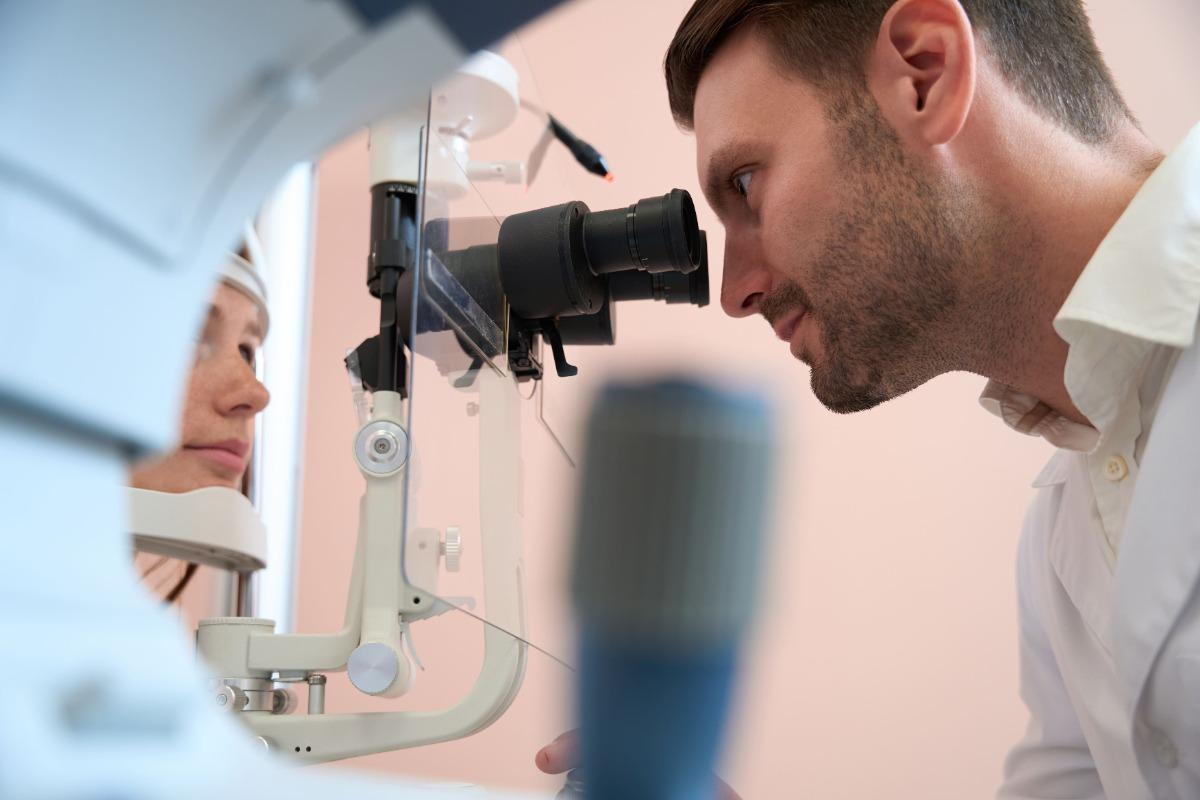All Categories
Featured
Table of Contents
Eye health and wellness is a critical component of total wellness, and regular eye tests play an essential function in maintaining good vision throughout life. Each age group has specific requirements and threats connected to eye health, making it necessary to follow tailored suggestions for eye evaluations. Here's a thorough introduction of exactly how commonly eye examinations must be set up for different age.
After the very first exam, kids must have a 2nd eye assessment around age 3, when they can much better get involved in testing and assessment. If no vision troubles are determined, the next examination is suggested before starting college, generally around age five. Early detection of concerns can result in prompt treatment and support healthy aesthetic growth.
Moms and dads must search for indications of vision troubles, such as problem reading the chalkboard, squinting, or experiencing migraines. It's essential to schedule an eye examination immediately if any of these symptoms arise. Kids that join sporting activities might benefit from annual eye tests to make certain optimal visual performance and safety and security during activities.
![]()
Young people commonly experience digital eye strain due to comprehensive screen time, resulting in signs like dryness and discomfort. Seeking an eye exam is critical if you notice these signs. An eye treatment professional can supply remedies, such as computer system glasses or way of life changes, to reduce strain.
For people with health problems like diabetes or high blood stress, more regular examinations might be required. Routine tracking is vital for very early detection and monitoring of prospective issues that can affect vision.
Seniors may likewise experience changes in their visual understanding, such as difficulty seeing in low light or distinguishing colors. Regular eye exams enable timely intervention and help keep independence and top quality of life.
Babies (0-2 Years)
Infants undergo considerable visual advancement in their very early years, making very early eye evaluations essential. The American Academy of Pediatric medicine recommends that children have their initial eye exam at concerning six months of age. This initial visit aids identify any prospective vision issues, such as strabismus (gone across eyes) or hereditary cataracts, which can affect growth if not addressed early.After the very first exam, kids must have a 2nd eye assessment around age 3, when they can much better get involved in testing and assessment. If no vision troubles are determined, the next examination is suggested before starting college, generally around age five. Early detection of concerns can result in prompt treatment and support healthy aesthetic growth.
Children (3-18 Years)
For school-aged kids, normal eye exams are necessary for both academic success and basic well-being. Youngsters need to have their eyes inspected each to 2 years, relying on their individual needs. Institutions frequently perform vision screenings, however these do not replace thorough eye exams by an eye care professional.Moms and dads must search for indications of vision troubles, such as problem reading the chalkboard, squinting, or experiencing migraines. It's essential to schedule an eye examination immediately if any of these symptoms arise. Kids that join sporting activities might benefit from annual eye tests to make certain optimal visual performance and safety and security during activities.
Young Grownups (19-39 Years)
Throughout young adulthood, several people appreciate relatively stable vision, yet that doesn't mean eye care can be overlooked. Young adults ought to set up detailed eye examinations every 2 years. Those that wear call lenses or have a household background of eye disease need to think about yearly examinations.
Young people commonly experience digital eye strain due to comprehensive screen time, resulting in signs like dryness and discomfort. Seeking an eye exam is critical if you notice these signs. An eye treatment professional can supply remedies, such as computer system glasses or way of life changes, to reduce strain.
Adults (40-64 Years)
As individuals enter their 40s, modifications in vision can become extra obvious, specifically presbyopia, a problem that makes it testing to concentrate on close items. Grownups in this age group should arrange eye examinations each to 2 years. This is also the age when several eye diseases, such as glaucoma and diabetic retinopathy, can start to create.For people with health problems like diabetes or high blood stress, more regular examinations might be required. Routine tracking is vital for very early detection and monitoring of prospective issues that can affect vision.
Senior Citizens (65 Years and Older)
Seniors go to a raised danger for different eye conditions, including cataracts, age-related macular degeneration, and glaucoma. It's suggested that individuals aged 65 and older have an eye test a minimum of yearly. Early discovery of these problems is important, as many can be dealt with efficiently if captured early.Seniors may likewise experience changes in their visual understanding, such as difficulty seeing in low light or distinguishing colors. Regular eye exams enable timely intervention and help keep independence and top quality of life.
Final thought.
Prioritizing eye care and routine exams ensures that individuals can appreciate clear vision and a far better top quality of life, making eye health a vital aspect of long-lasting wellness. Routine assessments with an eye care professional will certainly lead the way for healthier eyes and a brighter future.Latest Posts
A Historical Shoreline Location with Modern Thrills
Published Apr 08, 25
1 min read
Experience Coastal Sophistication at Deauville Inn
Published Apr 03, 25
1 min read
Picking the Right Venue: What to Think about for Weddings, Conferences, and Occasions
Published Mar 21, 25
1 min read